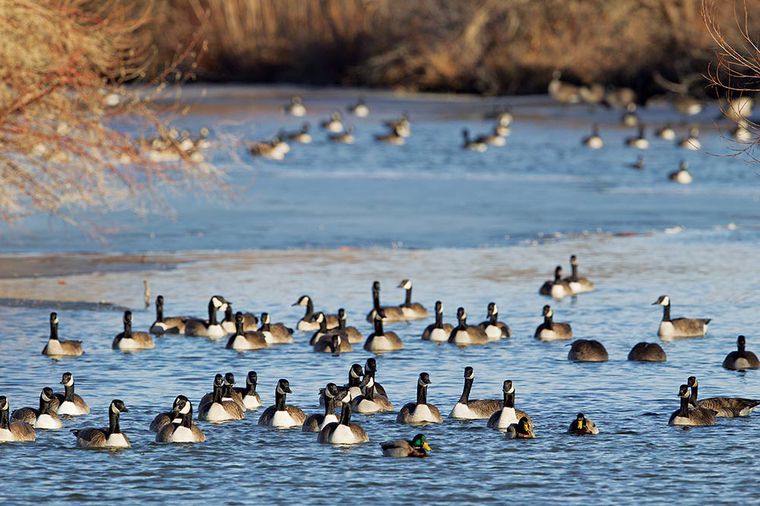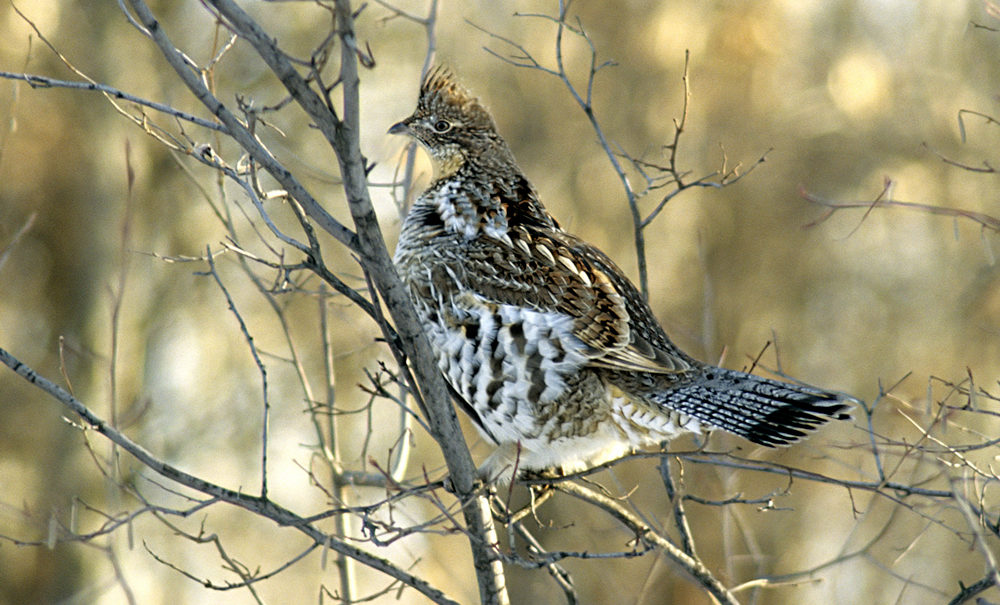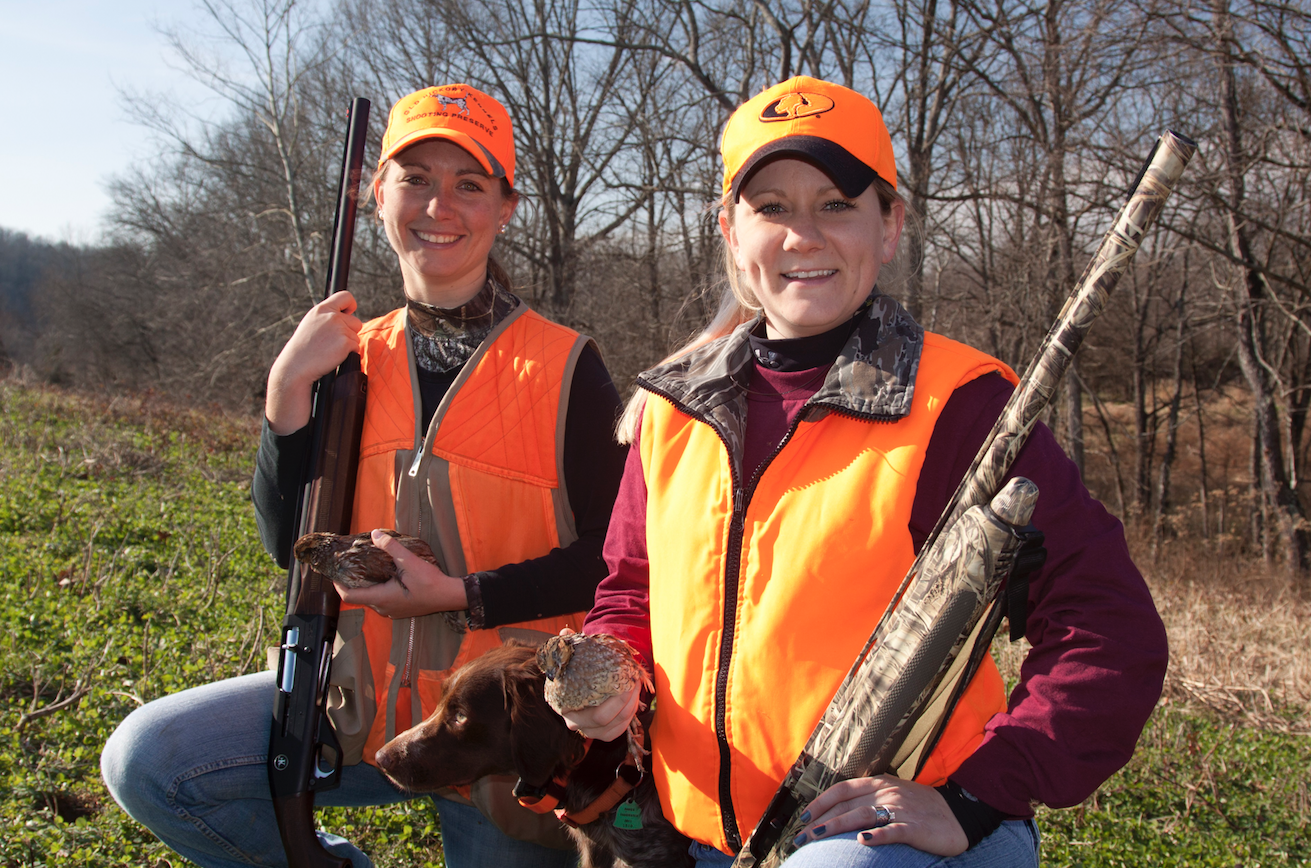It was remote, dark and distant, and about as wild and woolly as a place could be.
It was a pilgrimage of sorts, this journey of ours. It had been a long time since we had been to “Goosepond.” It had been called that since colonial times, and legend held that it had once sheltered geese by the thousands. It still held a few, and mallards and woodies, too, but not many people knew it. A slick, slithery red-clay road meandered across the southern corner of the property, although “road” is probably too grand a term. It was barely passable, even in a four-wheel-drive.
A couple of hundred years ago the land had been farmed but had long since reverted to the wild. Its rolling hills were creased by several creeks where hardwoods grew. In the center of the property was a long shallow swamp surrounded by a dense hardwood bottom with oaks so big that two men couldn’t reach around them. In places it was possible to see 200 yards beneath the overstory. The remnants of long-abandoned roads and buildings dotted its thousand acres, and the gravestones of early inhabitants were scattered here and yon. It was remote, dark and distant, and about as wild and woolly as a place could be. To us, it had been the most important place in the world.
We met by agreement at my grandmother’s house and drove the few miles down-river to the property. Once there, we eased the truck onto the shoulder and parked where twisted pieces of an old gate lay rusting in the weeds. We crossed the fence beneath a “no trespassing” sign that dangled by a wire attached to one end, then followed the old logging road as it wound through the pines and around the big bend. The road was little more than a path now, but it led into the deep woods. It led deeper into the past, and it took a while to get our bearings. The dense’ pine regrowth that came after the clearcut had obscured every landmark that we knew.
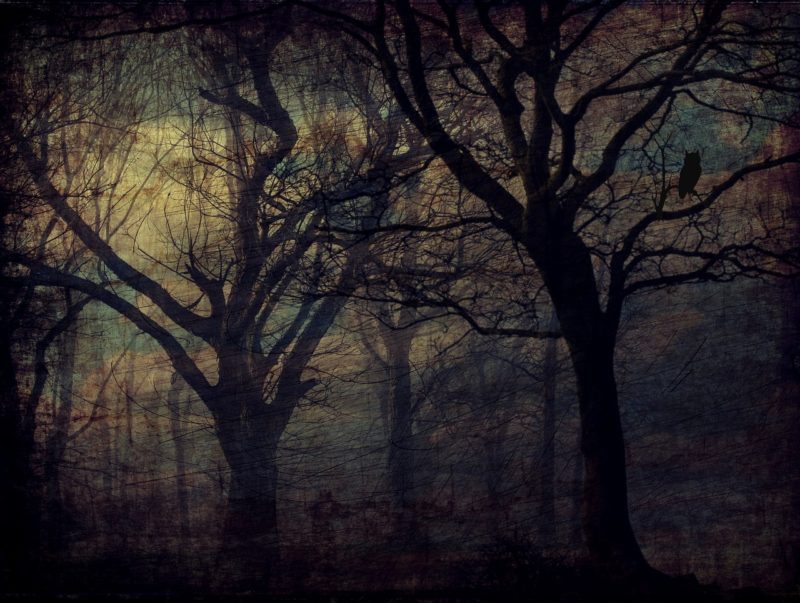
In a while, the toe of Dave’s boot found the cut-granite step that marked the remains of one of the plywood-and-tarpaper shacks, and a rotting doorsill led us to another. After a half-hour of searching we found the remains of our skinning pole and the old fireplace, its stackedstone perimeter covered with pine straw and hidden among the roots of a downed sweetgum tree. There was precious little left, but there was enough. Enough to make it new again. Enough to remember.
Dear God, the times we had there! We hunted the property for more than 30 years, beginning in the early ’70s and once knew it inch by inch. Through all manner of natural and unnatural disasters, the hunting club had been a constant for us. Through births, deaths, marriages and divorces. We were raising families at the time, and children had been born, educated and nurtured within its protective confines, then grown up and moved away to begin their own families. Alex went there to be alone when his daddy died. And I went there when I lost my boy. No matter what else passed, it remained. And we always knew that we would meet there again and times would be better.
Every fall we congregated there to hunt deer, and later to gun the winter migration of ducks and geese that flooded into the swamp from Broad River to the north. In the spring we skulked and called to amorous gobblers. In summer we wiled away the time working on our rough-and-tumble shacks and rebuilding deer stands and duck blinds and swimming in the river until finally, after months of stifling Georgia heat, the air would cool again and the cycle would repeat.
In those days the opening day of deer season was more akin to a family reunion than anything else, and wives, children, parents and grandparents, cousins, aunts, uncles, nieces, nephews and assorted other relatives were likely to be there for the festivities. In the South, for those who follow the gun, there is no celebration like opening day! The evening before we would gather to put things in order around the camp. Alex would set about preparing a “low country boil” of shrimp and sausage and little new potatoes and com still on the cob, all boiled together with his own brew of seasonings. It would simmer in the pot until we couldn’t stand it anymore and then we would stuff ourselves beyond reason and settle around the fire to tell stories, true and otherwise, and laugh late into the night. And then with the sunrise we would scatter into the far reaches of the place to hunt and to live our lives as full as full comes to mere mortals.
Occasionally in the late season, when the women and children were home safe from the weather, the hardiest of us would hunker ’round the fire after the hunting was done, and tell tales, tall and taller, dreamt in firelight and liberally greased by dusky “tongue oil” poured from tall Mason jars. Alex was the truest storyteller of all, his pliable memory patiently whetting the fine edge of each story over the years as they became better, sharper, cleaner, funnier and more believably unbelievable with each new campfire. He had never been one to let drab, monochromatic truth interfere with a good story.
We had been friends forever. Ever since the hot summer day when I met the gangly, barefoot boy kicking clods along as he walked the dirt street that passed in front of my grandma’s house in the tiny South Georgia town where I lived. As it turned out, we were within a month of the same age, and soon discovered that we were in the same second-grade class. Of course, our little country school only had one.
In those days, children in rural Georgia were introduced to the gun quite early, and since neither of us quite fit in socially, it wasn’t long before we found our own place, and our own society, following dogs and guns together into the wild.
Pretty soon, his momma, “Miss Sarah,” took me under her wing and I became a de facto member of his family and he of mine. Since Dave was my momma’s baby brother and only a couple of years older, it was only natural that we should take to hunting together.
In that distant, innocent time, I would, in season, take my old brown-barreled Lefever double to school where it stood propped in a corner until we took the school bus to his home near Stellaville, which wasn’t a “ville” at all, just a dusty crossroad in the middle of nowhere, roughly equidistant from Zebina and Matthews. Luckily for me, there was nothing between his home and mine but woods and fields sparsely punctuated by the occasional tilted tenant house.
As soon as the rusty yellow bus squealed to a stop we’d bailout, gun and all, and race to open the gate and release Flash, the spare-ribbed, grizzled old pointer whose scarred hide and gray muzzle revealed that he had, in his time, seen much better days. Then we’d hunt the sere broomsedge and lespedeza fields around the ramshackle clapboard house where the Swan family lived until the sun began to drop and the air began to chill, and then I’d walk the four miles to town alone, “jump hunting” until the light failed.
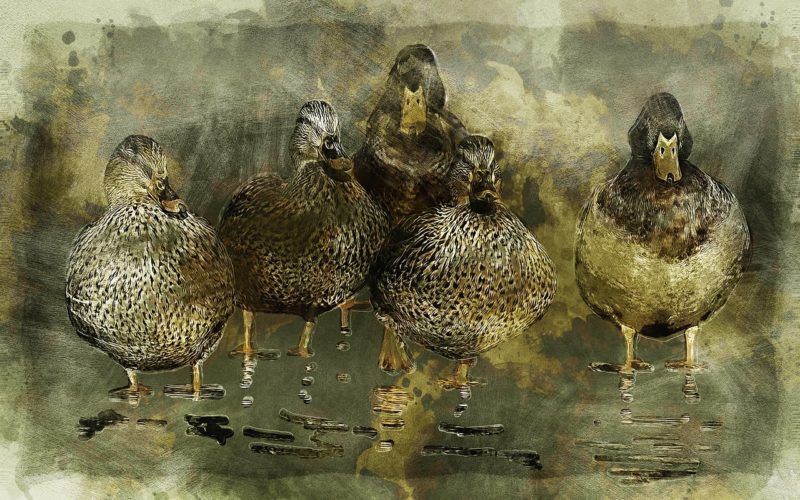
In the ’50s and ’60s the country was life with bobwhite and doves, with a few ducks in its wilder places. We hunted every day that we could and a few that we couldn’t and shot as much as bare cupboards and lean wallets would allow. And I’ve learned the gun together as we grew. In those days shells were cheap, and since the doves came in clouds and 20-covey days were commonplace, if you tried just a little and you weren’t dumb as a clod, you learned a little about shotguns and what they would do.
When we “got grown,” Dave and I went off to the University of Georgia to learn how to be barristers and Alex went off to visit Korea as an employee of Uncle Sam. Not long after he got back, we stumbled upon the place on Goosepond Creek. Since it was brimming with game, it seemed like a good idea to lease it from the timber company and have a hunting club, and so we did.
And now we were going back. Alex, Dave and I. The last of us, returning to where Alex once allowed that he had spent the happiest days of his life. We had intended to say a few words at the campsite, but when the time came, the words would not come, and our tribute was voiced instead by the gabble of geese in the big swamp, and the hush of the wind sliding through the pines. A handful of dust, a Mason jar buried in the Fire ring, and the tears dammed in the eyes of old gray men said all that could be said, and so we simply stood for a while. And when it was done, Dave and I turned and left in silence like a couple of old drake mallards banking into the wind on their final pass, and the stillness was broken only by the barking of a fox on the far side of the river. Alex, according to his wishes, stayed behind.
 Small Water Waterfowling: Potholes, Flooded Timber, Rivers, Streams, Beaver Ponds, Wild Rice, Small Lakes, Farm Ponds & Temporary Floodings
Small Water Waterfowling: Potholes, Flooded Timber, Rivers, Streams, Beaver Ponds, Wild Rice, Small Lakes, Farm Ponds & Temporary Floodings
The North Atlantic, the Great Lakes, the Gulf Coast, the waves and the wind and the ducks – there’s no doubt that big water holds a lure for waterfowlers unlike any other.
But when it comes to actually shooting ducks and geese over water, the action is on the small places – the inland lakes, the ponds and potholes, the floodings and creeks and backwaters. Day in and day out, that’s where the ducks are, and that’s where Chris Smith takes you. Buy Now

